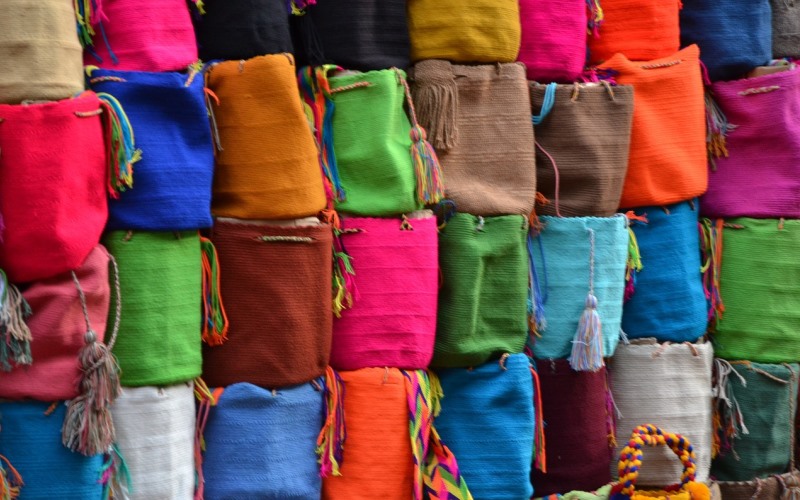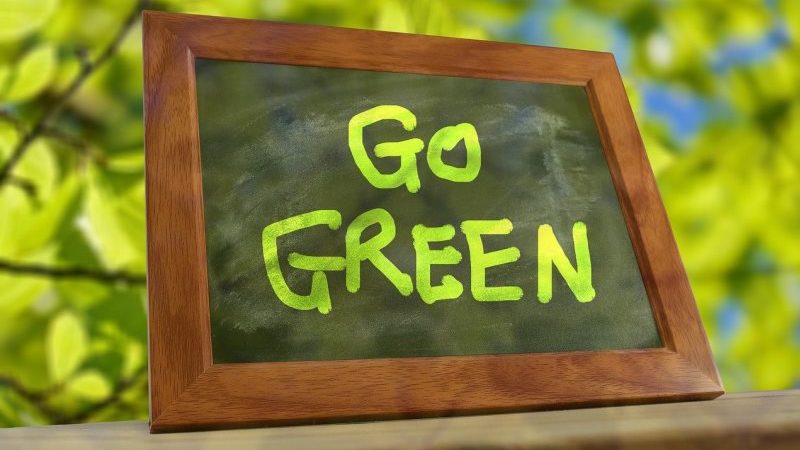Time to go back to our plastic-free lifestyle

Plastic has replaced almost everything in the market and our daily lives. It has now become part of us after entering our food system. Traces of microplastics are found in our blood, placenta and even in breast milk. It may be cheap, convenient, and lightweight, but it is clear now that plastic is a curse for our generation. Of all existing plastics, single-use plastic (SUP) is even more dangerous since it becomes waste as soon as it is used. India banned many single-use plastic items in July 2022. Despite the ban, several surveys have shown that single-use plastic items continue to be available to purchase in different parts of India.
Single-use plastic items like straws, ear buds, polythene need to be banned but the ban will be effective only if the buying of these products stops. This requires efforts from all of us to identify single-use plastic items in our lives and eliminate their use completely. Alternatives like wood-based or wooden ear buds in place of plastic ones are readily available and are cheap too. Through this article, I take the opportunity to revisit my journey in beating single-use plastic and examine how we as a citizen have and can contribute to the government’s decision to ban single-use plastic items.
From plastic bags to disposable utensils, single-use plastic conveniences have inundated daily life. As a result of its widespread use, rivers are choking with plastic waste, landfills are overflowing and marine ecosystems are suffocating under the weight of discarded plastics. Now that it has become clear that they pose a severe threat to public health and the environment, its continued use makes us a contributor to our own destruction.
I began my journey of beating single-use plastic in 2019, then as a Green Youth Fellow with Delhi Greens. My work including understanding the impacts of single-use plastic and researching for sustainable alternatives. I also became part of the campaign to organise a pledge against single-use plastic, which were some of the key activities I took up for this cause. I found many products that are available as alternative to single-use plastic. Many of these were, in fact, already in use before we started replacing everything with plastic. Manufacturers are now producing them once again in fresh designs and colours.
These include cloth and other reusable bags which were once part and parcel of our lives. Take, for example, the traditional Ikea shopping bags and the Cotanza heavy duty shopping cloth bag for carrying vegetables that you only need to buy once. The new clothes bags now readily available in the market are trendy, techno, come in many colours and designs and are a must have if you are even a little conscious and concerned about the planet. The decision to switch from polythene bags to sustainable alternatives becomes very easy when you start learning and realizing about the impacts of plastic on the environment, on you and on generations to come.
I was not always concerned about single-use plastic or thought about its cause and effect, but when I studied keenly about its causative effect, it was shocking to know that animals and birds bear the consequence of our widespread plastic use. Our ocean are flooded with plastic trash, marine pollution being one of the key consequence and one of the major problems related to plastic use. This threatens the lives of sea birds and marine animals and the plastic we throw in the sea eventually maneuvers its way to us.
Today, we need to reflect on certain questions. Why do we need a straw when we can simply drink from the cup? Why do we need to ask for polythene bags when we can simply carry our own bags? Why do we need to buy a water bottle when we can carry our own and refill it when needed? Why don’t we take the efforts of segregating dry waste and biodegradable waste when we know that otherwise it will all land up straight in the landfill?
This self-reflection helped me in understanding that by choosing plastic, I had chosen pollution and had put lives of millions of birds and animals at risk. It became even more disheartening for me to continue doing this blunder after I became aware of the consequences of my actions. Now, whenever I get an opportunity, I talk about plastic hazards and how plastic is slowly taking over the whole world; single-use plastic being the bigger menace. I talk to others and generate awareness about the difficulty in recycling plastic; studies shows that only 1% of the total single-use plastic generated is recyclable, and others end up polluting our environment, oceans, soils. Landfills are filled with polythene bags which will undoubtedly remain there for millions of years or turn into microplastics and enter our bodies.
I remember the times when our dinnerware used to be either, steel, ceramic or glass, and when bamboo baskets were widely used in my village. But now it seems like these items have never existed, and it is as if plastic baskets, plates and cups are the only option we have. It made me feel miserable to see the transition right in front of my eyes, therefore I feel obliged to set an example for the future generation. When I visit the market every week, I carry my own bag. I refuse plastic straw if offered and I carry my own cutlery wherever I go.
I can share that doing this was a struggle at first, but soon I got accustomed, and soon I realized that drinking coffee from ceramics is much tastier than from a plastic cup. I have begun enjoying washing plates rather than eating from a disposal plates, each time thinking of the turtles and marine organisms who I am helping in this way. I have come to realize that it takes time and determination to phase out single-use plastic from our lives, but change must start from me, ‘‘I should be the change I want to see in the world.’’
It is a not easy to advocate about the disastrous character of a plastic bag, which is hiding in sheep’s cloth like a bliss for the people. I took a determined decision that if I stick to my beliefs and start the change from me, it may solve 0.01% of the problem, but this 0.01% is much better than 0%! So, I push myself every day to cling on to my belief. The thought of stopping using single-use plastic might have occurred to many, I being one of them, but also the one who chose to act on my thoughts. And for this, I’m happy and proud of myself. I was given the opportunity to be an example for the rest of the world and I took it. You must too, for actions speaks louder than words.



